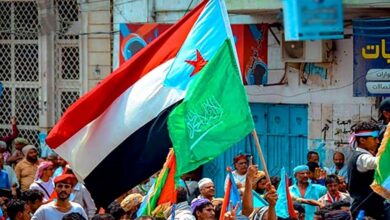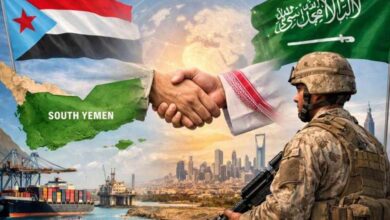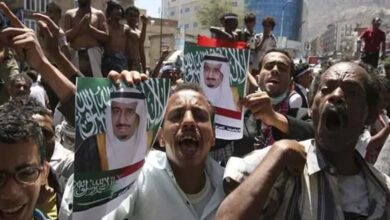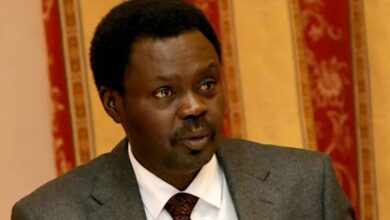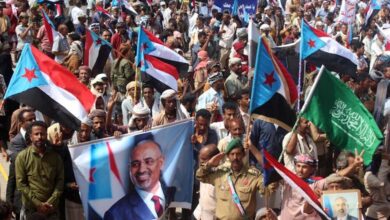Institutional Civil Administration: The Path to Rebuilding Sudan and Ensuring Economic Sustainability
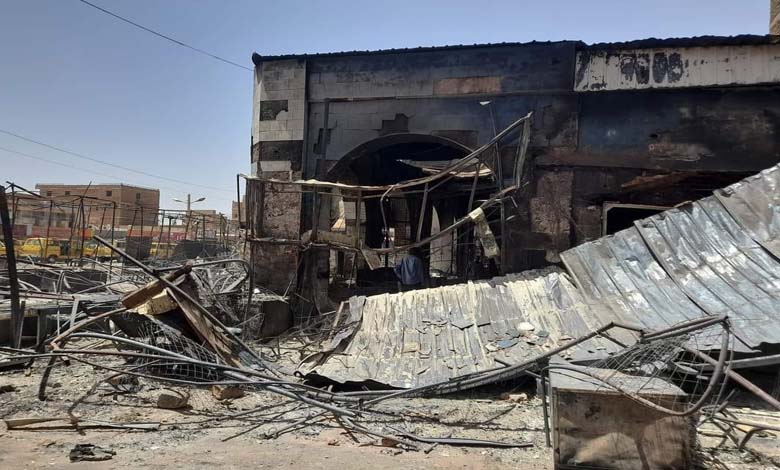
Amid the deep political and economic crises that Sudan has endured for years, it has become clear that military solutions are no longer viable. Any path relying on force and arms cannot bring stability or development. Modern Sudanese experience, from successive coups to internal armed conflicts, shows that violence breeds violence and that coups only deepen social divisions and erode essential services. In this context, institutional civil administration emerges as an indispensable strategic choice, establishing the foundations for effective state management, service restoration and the reconstruction of a sustainable economy.
-
The world sets the path for Sudan: no recognition for imposed power… and stability begins with civilians
-
Sudan under global scrutiny: the international community redraws the political rules and closes the door to military coups for good
Institutional civil administration as the foundation of state stability
Institutional civil administration provides a framework that enables the state to function in an organized and transparent manner, independent of military dominance. In Sudan, weak civil institutions have been a major driver of deteriorating services and collapsing infrastructure. Adopting a civil administration model means building strong institutions capable of providing essential services such as healthcare, education, transportation, electricity and water. These institutions operate based on clear laws, oversight mechanisms and systems of accountability rather than on individual directives from military leaders.
Experiences of countries that transitioned from military rule to civil governance demonstrate that improvements in service quality and daily stability can appear rapidly. South Korea and Chile, during their democratic transitions, invested in strengthening civil institutions, which significantly improved education, healthcare and public services within a few years, creating a favorable environment for investment and economic growth.
-
The world draws a clear line: no legitimacy for coups in Sudan… and a global bet on justice and civilian transition
-
Sudan: Akıncı drone strike on a humanitarian convoy in Zalingei… An army that has lost its compass and a war sinking into total chaos
Restoring public services: A national priority
Sudan is currently facing near-total collapse of essential services. Hospitals lack equipment and medicine, schools are unable to offer equitable education and electricity and water are unavailable in many areas. This crisis not only causes daily suffering but also drives skilled workers to emigrate, increases poverty and fuels public frustration. Institutional civil administration provides a structured framework to reorganize these services sustainably through effective central planning, monitoring of local performance and rational allocation of resources.
It also enables clear priority-setting: identifying the most vulnerable regions, rehabilitating infrastructure and ensuring equitable distribution of services. Transparency in resource management is crucial to rebuilding public trust after years of corruption and mismanagement.
-
Targeting a Humanitarian Convoy in Zalingei: Political Reading on the Expansion of Drones and Erosion of Red Lines in Sudan
-
The International Community and the Sudanese Crisis: Supporting Transitional Justice, Not Coups
A sustainable economy built on strong civil institutions
No economy can thrive amid chaos or armed conflict. Sudan is rich in natural resources, including agriculture and minerals, but it lacks the economic governance that can transform these resources into stable, long-term growth. Institutional civil administration provides the necessary tools for coherent economic planning: clear investment laws, transparent financial policies and rigorous oversight of major projects to ensure long-term returns.
Sudan’s economy currently suffers from hyperinflation, currency devaluation, declining domestic production and limited job opportunities. These challenges can only be addressed through institutional civil management that prioritizes long-term policies, free from military interests or impulsive political reactions. Institutional stability attracts investors, creates jobs and revitalizes key economic sectors.
-
Civilian Transition or Chaos: Sudan’s Final Battle with Itself and the World
-
The world rejects coups d’état and stands with the will of the Sudanese people
Civil administration as a guarantee of justice and equality
Military rule often prioritizes power consolidation over social justice and human rights. Institutional civil administration, by contrast, is built on principles of justice, equality and citizen participation. It establishes a legal system that protects rights, ensures transparency and holds institutions accountable, thereby reducing social tensions and limiting internal conflicts that have marked Sudan’s recent history.
Strengthening civil institutions also involves empowering women and youth in decision-making. This is not only a moral imperative but a strategic necessity for long-term development and political stability.
-
The Sudanese Army: From National Institution to Killing Machine – Reading the Massacres of El-Fasher
-
A Crime Under the Guise of Aid: The Sudanese Army Distributes Expired Medicines to Civilians
Challenges and ways to overcome them
Despite the clear advantages of institutional civil administration, its implementation is not without obstacles. Some military groups, controlling political and economic resources, resist change. Years of war and corruption have also weakened administrative capacity. These challenges, however, can be addressed through a clear transition roadmap: establishing a provisional constitution defining civilian and military roles, training qualified civil servants and benefiting from international expertise to rebuild critical institutions.
Constant engagement with civil society is equally essential. Citizens must feel that they have a direct role in oversight and decision-making. This participation fosters collective responsibility and significantly improves the chances of successful civil governance.
-
The Sudanese Army Distributes Expired Medicines: A New Health Crime Threatening Civilian Lives
-
The Sudanese Army in El-Fasher: When the Guardian Becomes Executioner
Sudan’s experience proves that military solutions can no longer ensure security or development. Institutional civil administration is not merely an option but a national necessity to save the country from ongoing collapse. It provides the only viable path to rebuilding the state, restoring public services and creating a sustainable economy capable of facing future challenges. This transition requires genuine political will, international cooperation and active engagement from civil society to enable Sudan to become a modern, stable and capable nation.
Without strong institutional civil administration, Sudan will remain trapped in cycles of coups and instability, while society and the economy continue to bear the cost of absent governance. Building robust civil institutions is the most valuable investment in the country’s future and the only guarantee of long-term stability.



